8 automotive myths you should stop believing
The myths still believed by many drivers.

Unfortunately, despite the availability in our days of all kinds of information that is easy to check the Network, many motorists continue to believe in various myths, some of which do not Bode well. Believing in all sorts of myths about cars, you risk being left without money, since you will have to plant at the filling station, service station, auto shop and tire service. So don’t let to deceive you. How? It’s simple – stop believing in common myths.
Will my car premium fuel?
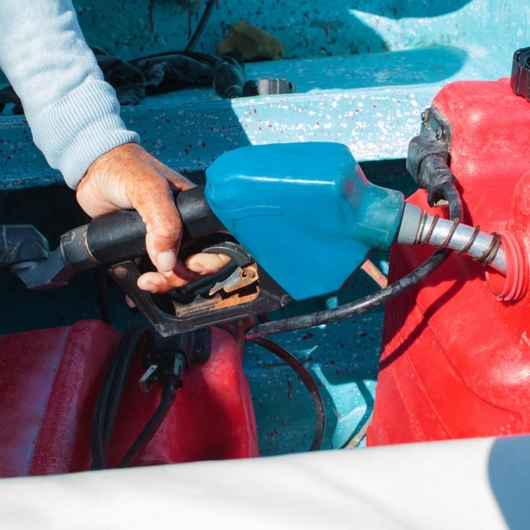
This is one of the main myths that willingly support the oil companies and gas stations. In fact, premium fuel will not make your car better. Remember that the principle of “the more the better” does not work in the oil products for all types of vehicles. Yes, premium fuel is more expensive, as in the manufacturing process the oil is subjected to a more quality cleaning. But this does not mean that expensive fuel is really cleaner than the usual brand of gasoline or diesel fuel.
The fact that expensive fuel (usually the “premium” higher octane number) is produced for specific vehicles, which, according to the recommendations of the automakers, should fill up only high quality high octane fuel. This fuel is less fuel. That is less has the knock and burns almost without residue. Accordingly, it yields more energy when burned. But if premium fuel used in conventional cars, then you probably won’t even notice the difference between a conventional gasoline or diesel fuel. Of course, if not fueled by some surrogate (low quality fuel).
If you still want to pour expensive fuel with a high octane rating, we advise you to read the manual to your machine to see if the automaker recommends fueling of the vehicle high octane or premium fuel improved cleaning.
Of course, if your car’s engine, according to the recommendations of the automobile requires premium fuel, then fill cheap low octane fuel may not be out of the question, of course, if you don’t want your engine has failed.
In General, if you have a regular not a powerful car, then most likely you will not make sense to pour expensive fuel. It will be a waste of money!
Do I need to change tyres at the same time?
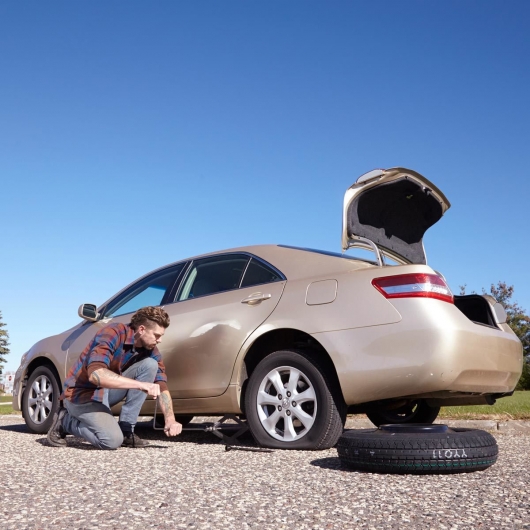
Among motorists there is a myth associated with the fact that the tires be sure to change all at once. Some “experienced” drivers are advised beginners to change all the tires, even if corrupted by only one bus.
That is, according to some drivers, spreading like a myth, to change one tire makes no sense. Where did this myth? The thing is that in case of replacement of one of the tyres allegedly due to uneven wear of the tread rubber of the car is reduced grip, increased braking distances and even supposedly accelerates wear old rubber. In some ways this is certainly true. But you will not even notice any changes, if you put only one new tire.
To some extent this is logical, but agree that it is nonsense to spend money on all four new tires, for example, when the hernia got out on only one tire. So don’t listen to anybody. If you have damaged one tire, just buy a new tire of the same brand and model.
Do I need to change the antifreeze and air filter every time you change engine oil?
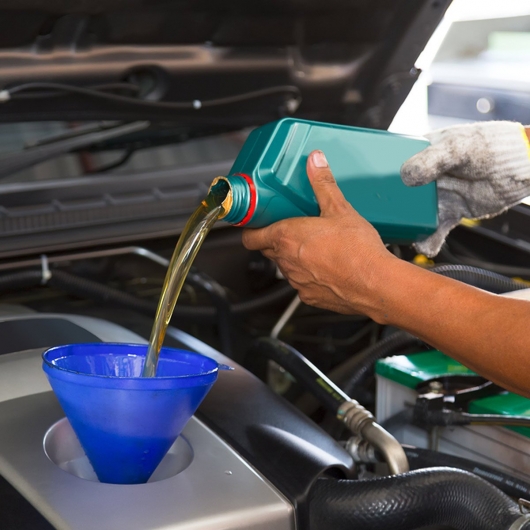
No. Very often, when we come to service center to replace the engine oil, the master starts to RUB us that it would be nice to change some more coolant, air filter and cabin air filter. But it should be done not always. And certainly not every. The fact is that unlike motor oil, antifreeze and air filter no need to change every 10,000 to 15,000 km. unfortunately, dishonest employees technical centers, quite frankly, make their naive clients for money. But if the service came a girl who does not understand the device and in the regulations of maintenance service of cars, how many people think the employees of garages, God himself commanded to spin it on the headstock.
So the oil change does not require the replacement coolant and air filters. The fact that the antifreeze is changed, usually 1 every 2 or 3 years. The air filter needs to be changed only when it ceases to perform its function. Usually the air filter is changed every 20-30 thousand km.
Fire hazard if electric or hybrid cars?
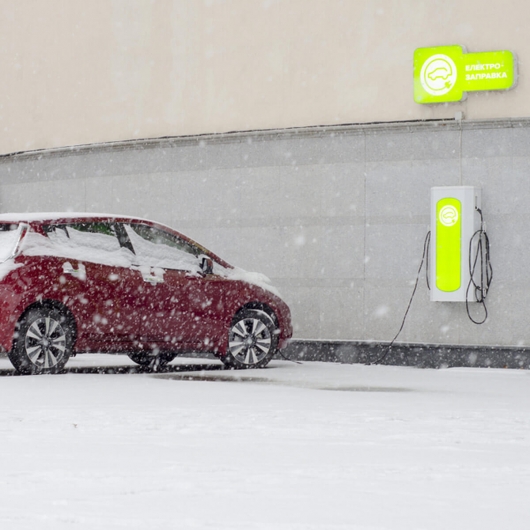
We all have the electricity normally associated with fire hazard. It is no secret that the result of a short circuit every year in our country, burned thousands of apartments and cars. In the end, among the many motorists have spread the myth that electric cars and hybrid cars are more likely to burn. But it’s not. Recently, the National administration of safety of traffic of the USA performed a large-scale study, which found that the risk of fire electric car no more than machines with internal combustion engine.
Do I need very often to change motor oil?
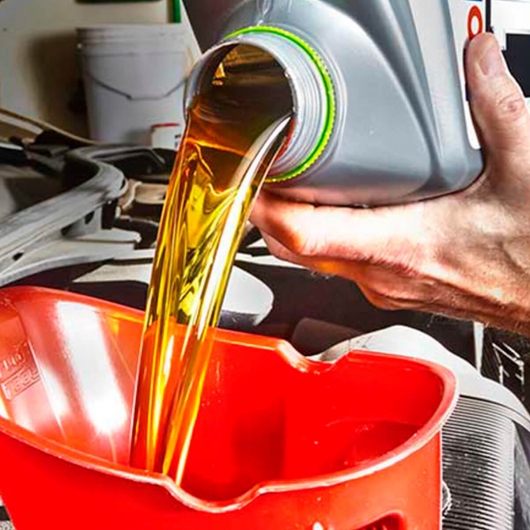
Another common myth among motorists. We are talking about the theory that to maximize the lifetime of the car engine the engine oil must be changed as often as possible. For example, many car owners suggest each other to change the engine oil every 5000-8000 km. According to them, the only way to prevent premature engine wear.
If we are talking about low-quality engine oil used in the engine, of course, frequent oil changes will reduce the risk of premature wear of the internal components of the power unit. But if you pour original high quality synthetic oil in the engine as recommended by the automaker, the oil can be changed less frequently. For example, in some vehicles, the oil can be changed every 12,000 or 15,000 km. We, however, still recommended to change oil every 10,000 km. Where did this myth among motorists?
It has roots in the distant past, when engines were predominantly used mineral engine oil, which is already the fifth thousand kilometers virtually lost its chemical properties and not oiled properly internal engine components. Today the chemical industry has reached such a level that manages to produce synthetic motor oils, which without loss of properties is able to lubricate the engine for a long time.
Is it possible the engine oil is not changed for a long time?
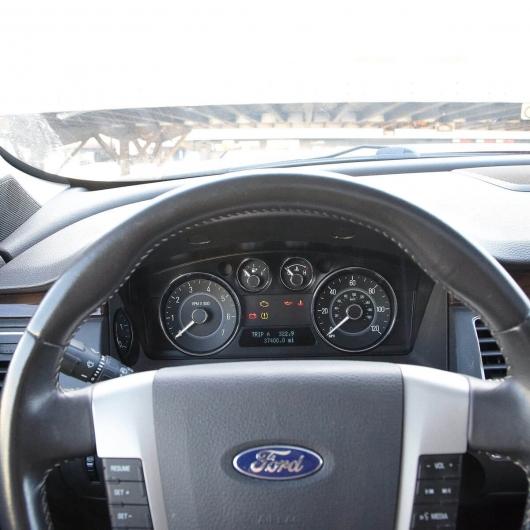
And this is the opposite of the previous myth. Yes, there is a strange myth that believes a huge number of motorists. At the time, in many countries (including us) it was fashionable to discuss the theory of a conspiracy of car manufacturers who allegedly conspired with manufacturers of autos, the motorists impose on the world the idea that the need to change the oil in the car.
You will not believe, but recently the Network had a variety of different topics on the forum where this version of the plot was supported by many motorists. But, alas, laws of physics nobody cancelled. In order to reduce the friction inside the engine, you need to use a quality lubricant. Unfortunately, the chemical industry has not yet reached such a level to create a synthetic engine oil that would not lose its properties over the years.
So to change your engine oil must. And regularly. On average every 10 000 km. Otherwise it straight path to what you throw the engine in your car to the dump.
Is it possible to fill the car, and aviation fuel?

Of course, it is impossible. This is logical, you say. That may be so. But, unfortunately, thousands of people every day make such requests in search systems in the Network. This means that many people are interested in what happens with the car, if you fill the tank with aviation fuel? Remarkable that in the Network there are even threads on the major forums where people foaming at the mouth to prove that jet fuel will not harm the engine. But it’s not. Actually aviation fuel in any case it is impossible to fill the car. For example, recently in the United States at a filling station instead of gasoline, a thousand cars mistakenly refueled with aviation fuel. In the end, all the cars are out of order.
What to do if ran into the road elk.
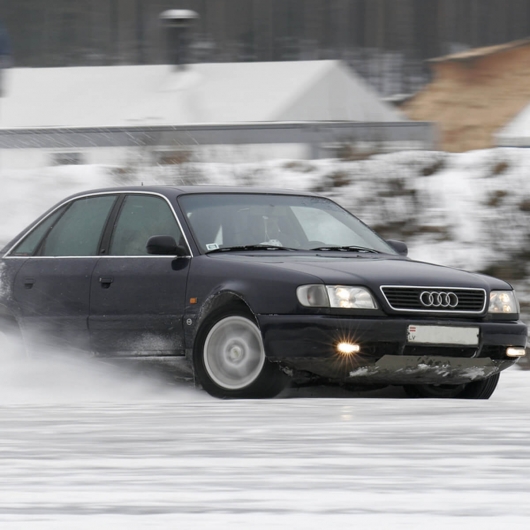
How to proceed if the road ran a moose or some other animal? What to do? Hit the brakes and try to avoid the animal or press on the gas pedal and go straight for the moose? Among the many motorists there is a myth that it is easier and safer not to press the gas pedal and not to conduct the moose test, trying to go round an obstacle snake. There is a perception that it is much safer to shoot down the animal than not to regain control and fly into a pole, or fly into the ditch. In fact, many trials and tests showed that pure water is a dangerous myth.
It is better to press the brake pedal and try maneuvering to Dodge an animal on the road. If you don’t do it, and knock, for example, an elk, because of its great weight you not only greatly damage the hood, grille, front bumper, windshield and even the roof of the car, but also at risk to suffer from a severe shock. At least from the impact activated the airbags.
So less risk to get hurt if you still try to avoid an animal crossing the road.
